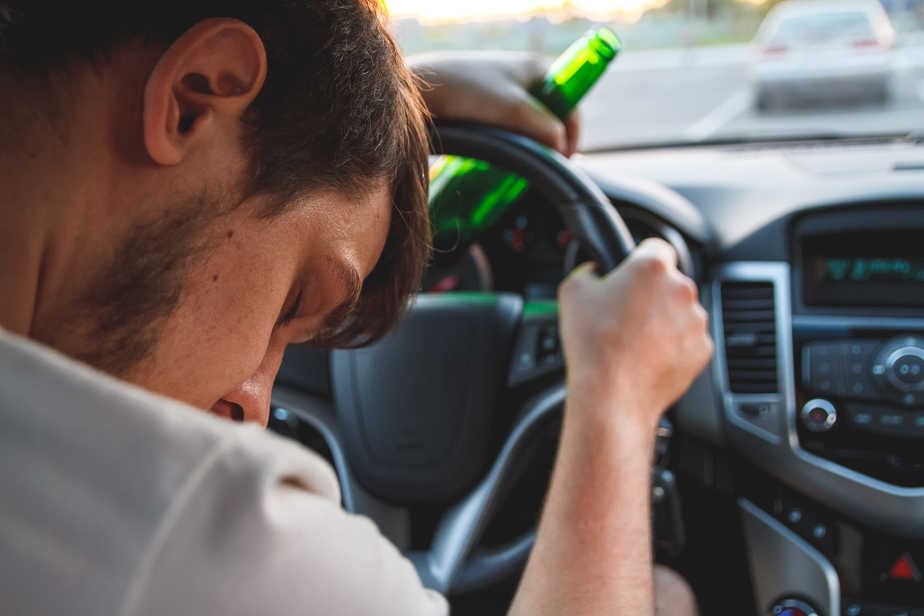Introduction
Increasing cases of Driving While Intoxicated (DWI) arrests are a grave outcome of chronic alcoholism. Persistent alcohol dependency doesn’t merely affect an individual’s health but also leads to unfortunate legal consequences like DWIs. A deeper understanding of alcohol addiction can shed light on this direct connection.
Understanding Alcohol Addiction: An Overview
Alcohol addiction is a chronic disease characterized by an individual’s inability to control or cease alcohol use, despite its negative repercussions. This addiction enhances the risk factors of drunk driving, thereby escalating the instances of DWI. Alcohol Addiction Treatments often serve as the first step towards breaking the irresistible urge to drink and drive.
The Science Behind Alcohol Dependency
Chronic alcoholism is a severe medical condition that involves changes in the brain’s functions and structure. Over time, alcohol impairment impairs the control centers of the brain, affecting an individual’s ability to make sound decisions and maintain motor control. This impairment plays a considerable role in drinking and driving penalties.
Impact of Chronic Alcoholism on Motor Skills
Alcohol’s influence predominantly affects an individual’s motor skills, including balance, reaction time, and coordination. High alcohol levels slow brain function, blur vision, and disrupt orientation—compromising driving skills and increasing the chance of accidents.
From Alcohol Addiction to DWI: The Common Path
Heavy drinking often leads to impairment of cognitive abilities, making the line between alcohol addiction and DWIs blurrier. The laws designed to counter such incidents, like DWI laws in Texas, define the legal ramifications and potential consequences for drunk drivers.
Prevalence of Drinking and Driving
Drink-driving incidents have become alarmingly prevalent worldwide. A significant reason is the correlation between alcohol abuse and driving, with numerous cases involving individuals with chronic alcoholism. The penalties involved in such instances can lead to hefty fines, license suspensions, or even jail time, indicating the seriousness of DWI Consequences.
Thus, highlighting the imperative of education and preventive measures to combat the risks posed by drunk driving – a direct outcome of untreated alcohol addiction.
Legal Implications of Chronic Alcoholism
Alcohol addiction doesn’t just jeopardize personal health but comes with a series of legal ramifications for the afflicted individuals. The correlation between chronic drinking and DWIs is well-documented in laws across states, including DWI laws in Texas. The consequences of violating these laws range from fines and license suspension to prison time, highlighting the gravity of this societal issue.
Effect of DUI Charges on Personal Life
The aftermath of DWIs isn’t limited to legal penalties. The personal life implications are just as dire—if not more severe. DUI charges can disrupt family dynamics, strain relationships, and impact job prospects, making the road to recovery a difficult one for individuals struggling with alcohol addiction.
Preventing Drunk Driving: The Way Forward
As we navigate the repercussions of chronic alcoholism and understand its influence on drunk driving, it’s evident that prevention is our best shot at combatting this issue. Community awareness programs, stricter regulatory policies, and education about the dangers of drunk driving are all significant steps towards alteration.
Getting Help: The First Step to Recovery
For those entrenched in the cycle of addiction, taking that first step towards recovery can seem challenging. However, seeking help is essential. Alcohol addiction treatments have proven effective in reducing dependency, and consequently, DWIs. Rehabilitation centers and counseling can equip individuals with the tools required to navigate this journey to sobriety effectively.
Conclusion: The High Cost of Chronic Alcoholism
Wrapping up, chronic alcoholism and its contribution to DWIs paint a sobering picture. Beyond the health risks and personal life implications, the legal consequences can be life-altering. With the emphasis on prevention, it becomes clear that the fight against drunk driving begins with treating alcohol addiction. If you’re facing DUI charges, seeking legal counsel is of utmost necessity. Consider Hiring a DWI Lawyer in Houston to navigate through this complex landscape while also investing in recovery and rehabilitation.
Facing DWI charges? We can guide you through this legally complex landscape. Get in touch, call us now! You can also visit our blog for more information on preventing this societal issue and understanding the legal implications better. Act today and pave the way for a better tomorrow.
Alcohol Addiction And Its Involvement In DWIs - Frequently Asked Questions (FAQ)
Chronic alcoholism can lower inhibitions and impair judgement, which can result in poor decision-making such as choosing to drive while intoxicated. Additionally, chronic drinkers may develop a higher tolerance to alcohol, leading them to consume more and still feel capable of driving, thereby increasing the risk of DWIs.
Legal penalties for a DWI can vary depending on the jurisdiction and the specifics of the case, but they typically include hefty fines, probation, suspension or revocation of the driver’s license, mandatory alcohol education or treatment programs, and jail time especially for repeat offenders.
Beyond the legal penalties, a DUI charge can have significant personal consequences, such as damage to one’s reputation, straining family and social relationships, difficulty in finding employment or even loss of current job, and challenges in acquiring professional licenses.
Yes, alcohol addiction treatments play a crucial role in preventing drunk driving. Programs designed to treat alcohol addiction can provide individuals with the tools and support necessary to better manage alcohol cravings and make safer choices, including not driving when intoxicated.
Legal counsel is extremely important when facing a DWI charge. A proficient DWI lawyer, who understands the complexities of DWI laws and outcomes, can guide you through the legal process, protect your rights, and strive to obtain the best possible outcome given your situation.

